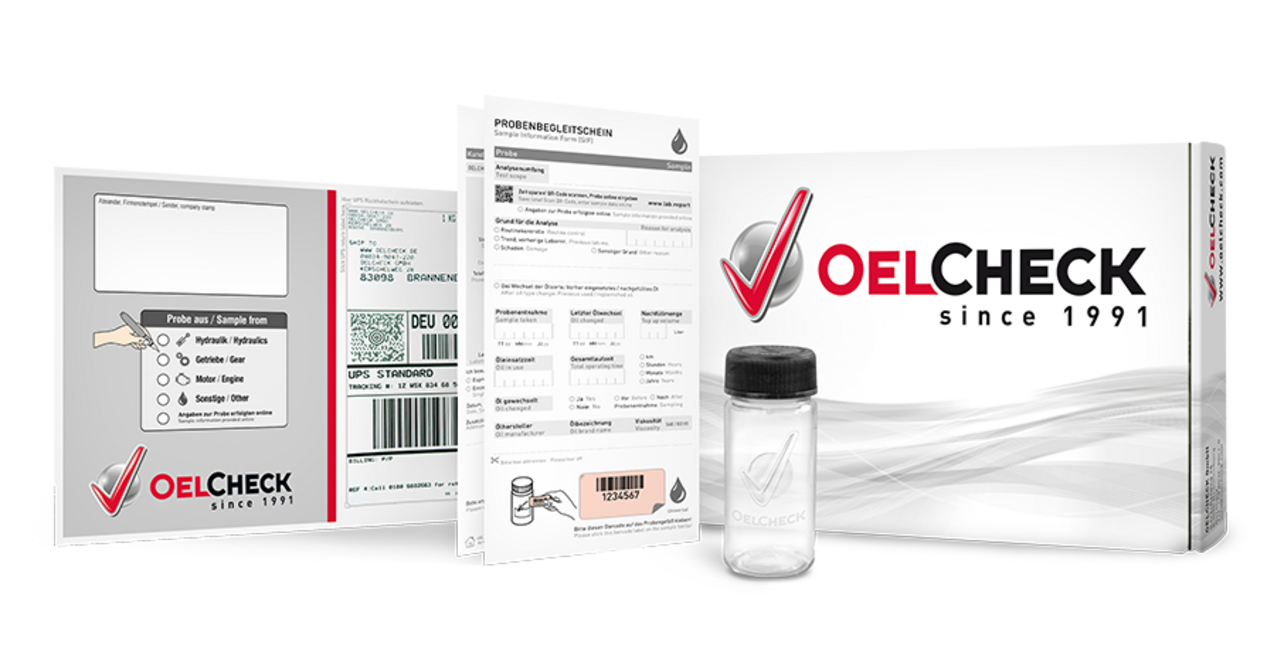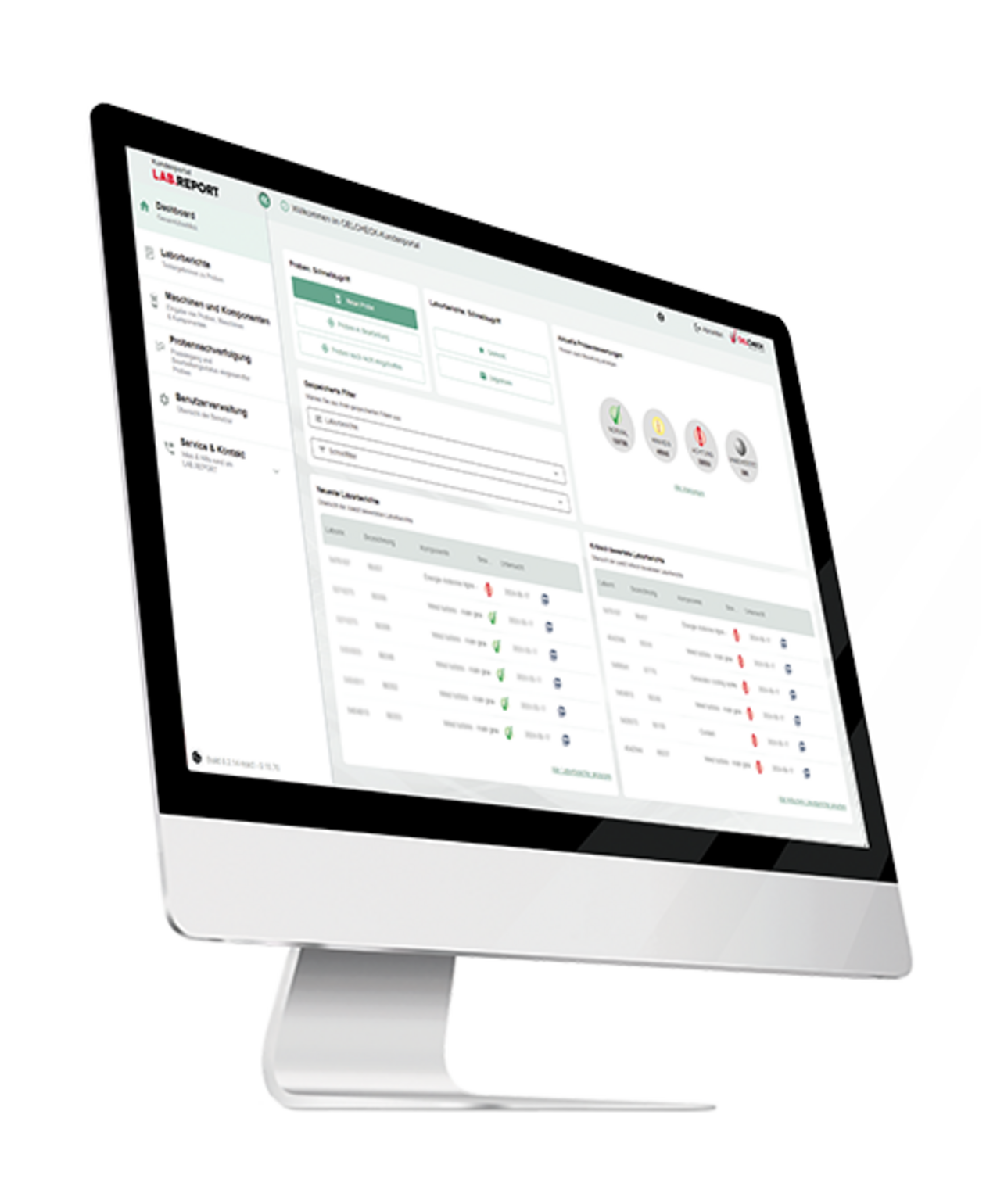Trends, Tips & Tricks

The latest article
Reducing CO₂ emissions – Oil changes and analyses are key factors
Our blue planet is sending us an SOS. Greenhouse gases, particularly gases harmful to the climate such as carbon dioxide (CO2), affect global warming and destabilise the climate. That means we all need to reduce carbon emissions drastically.
Responsible companies are taking a holistic approach. All aspects of the value chain are taken into account to reduce CO2 emissions and achieve climate neutrality as soon as possible.
- 10 tips for the OELCHECK laboratory report
- Analysis kits for coolant and anti-freeze agents
- Analysis kits for refrigeration compressor oils
- Analysis sets for transformer oils
- Basic rules when switching to a physiologically harmless lubricant
- Condition-based oil changes. Save money and protect the environment
- Coolant analyses uncover damage in cooling systems
- Coolant monitoring
- Digitalisation and lubricant analysis – A perfect combination
- Disposal and selection of rapidly biodegradable hydraulic oils
- E-mobiles - lubrication and cooling under power
- Engine oils for vehicles – Current trends and oil analysis
- Error Source Analysis: Engine Oils
- Extract filter specimens correctly
- Fault source analysis: Gear oils
- Fault Source Analysis: Hydraulic Oils
- Grease removal
- Hydraulic fluids and problematic mixtures
- Lubricants and Condition Monitoring - OELCHECK Recognises Future Trends
- Non-ferrous metal inhibitor
- Oil analyses – Professional evaluation
- Organic oils & trend analyses
- Prepare new installation perfectly
- Record prices for fuels but the alternatives are limited
- Reducing CO₂ emissions – Oil changes and analyses are key factors
- Standard for AN (Acid Number)
- Storage and handling of lubricants
- Storage and handling of lubricants – 9 rules and no errors
- Sustainability and energy efficiency thanks to modern lubricants?


